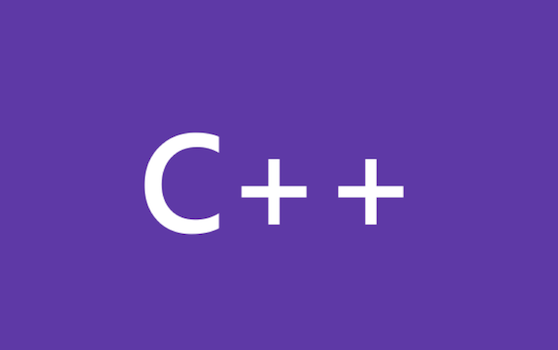


Bring your C++ code to Visual Studio

Migrate your existing Windows C++ projects to MSBuild

Migrate your existing iOS XCode projects to Visual Studio

Bring your existing Android Eclipse projects to Visual Studio

Bring your existing C++ Linux projects to Visual Studio

Bring your existing Qt projects to Visual Studio

DirectX game development with C++ in Visual Studio

Linux development with C++ in Visual Studio


 Light
Light Dark
Dark